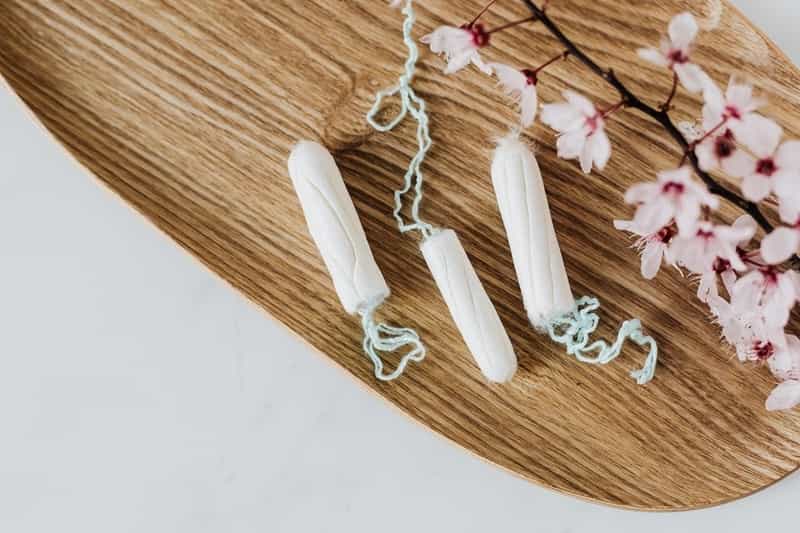Among all the feminine care products, tampons are pretty standard in menstruating women as their usage is more convenient. Conventional tampons are made by blending cotton and rayon, typically bleached with other ingredients. Your vagina is a highly absorbent organ, so potential toxins absorbed through your vagina can easily penetrate your bloodstream.
Using organic tampons with applicator during your monthly cycle is advisable as these unscented vaginal inserts do not expose you to hormone-disrupting chemicals. Hence, inserting tampons devoid of toxins is critical for your wellbeing.
Tampon Buying Guide
Natural cotton is compostable, unlike synthetics plus, safe for skin contact. Its biodegradable feature keeps plastic waste out of landfills and water bodies. So, switching to absorbent organic tampons with an applicator is safe, easy and it reduces your environmental impact.
To help you select the most natural and sustainable tampons that effectively address personal hygiene issues, refer to the helpful buying guide suggested below:
Check the Ingredients
You can confirm its main ingredients from the organic tampons packaging box. When you see rayon dye or chlorine bleach mentioned, look elsewhere. The former can contaminate water supplies, while chlorine bleach is an irritant for sensitive skin hence, best avoided.
Assess Absorbency
Organic cotton tampons with an applicator are available with different absorbency levels.
Tampons marked low are best worn in the initial days of your period, while regulars offer protection during average days.
Heavy flow days demand extra protection against leaks, and that is when super organic tampons come to your rescue. Should you experience severe menstrual cramps and hefty flow throughout, the super plus range is your best bet.
Pick the Right Size
The two sizes available across organic tampons are mini and super. When you have given birth or experienced heavy flow, go with the supersize. If you have never been pregnant, the mini size will serve your purpose.
Evaluate Quality
When the tampon claims to be organic, it should contain a substantial percentage of organic cotton. This integral ingredient in the best organic tampons with applicator helps to maintain your natural skin moisture levels even after inserting the tampon into your vagina. Higher quantities of organic cotton indicate a superior quality of a natural product.
Examine if Certified Organic
Tampons certified 100% organic would never include dyes, fragrances, or chemicals. These are usually highly absorbent and compact, enhancing their reliability and portability quotients.
Do not overlook the quality of the applicator that facilitates quick and convenient insertion. An easy-to-use, BPA-free applicator is considered safe, hygienic, and easy to use. When inserted correctly, the tampon will never cause you any discomfort.
Although sustainable, never flush your used organic tampon down the toilet as it can block your drains. Including it in your compost waste is one option, or else dispose of it with your general waste. It takes about six months for organic tampons to decompose.
Conclusion
Embrace organic personal hygiene products as they are not harsh on you or the environment. You can source such safe and effective essentials from a certified and reputed organic feminine care entity supporting and empowering young girls and women. After all, the female body deserves healthy and clean period aids.


